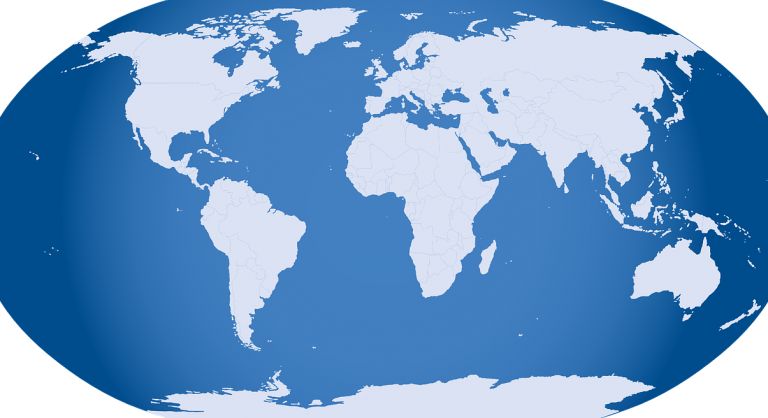The Panama Papers: Implications for American Taxpayers with Offshore Assets – Part I
The Panama Papers are shining light on the potential abuses of offshore companies, providing important details on how overseas shell corporations are used to launder money and hide assets. Each new revelation—which recently have been coming almost weekly—gives federal agencies more ammunition in their fight against financial fraud.
Armed with these new disclosures, U.S. taxpayers should be looking beyond the headlines. They should be digging into their own offshore holdings, focusing on areas that might trigger an investigation by any of a half-dozen different federal agencies, including the Internal Revenue Service.
Even the most sophisticated taxpayers, however, often fail to understand the kind of compliance required by Uncle Sam. One reason: The web of statutes and regulations is staggeringly complex.
Take, for instance the info-graphic provided on the IRS website comparing yet another new filing requirement on Form 8938 with FinCEN Form 114. Both forms are used to report foreign financial assets but apply to different taxpayers. Be advised that this info-graphic hardly scratches the surface when it comes to analyzing a taxpayer’s complete filing and disclosure requirements for assets that may be held overseas.
The Panama Papers are a collection of 11.5 million documents leaked from a Panama-based law firm by an anonymous tipster to German newspaper Süddeutsche Zeitung. For a year, the material was secretly and collaboratively analyzed by more than 370 journalists from over 40 countries. By agreement, they published their initial findings on the same day, April 3. Since then, new revelations have appeared as the data continues to be analyzed.
This leak disclosed the identity of the “true” owners of approximately 214,000 shell companies and billions of dollars of assets. And those disclosures barely scratch the surface. Mossack Fonseca, the Panamanian law firm that is the source of the Panama Papers, is just one firm in a single country. It has spent the past 40 years creating shell companies, but there are similar firms in dozens of countries around the world.
By providing names of the real owners of these entities—ranging from close associates of Russian President Vladimir Putin to members of China’s elite to British Prime Minister David Cameron to Argentine President Mauricio Macri—the disclosures are expected to help authorities catch terrorists, tax cheats, corrupt politicians and drug lords. The information also reveals the intricacy of the schemes employed to hide assets.
Federal authorities are concerned not only with using leaked information to investigate perpetrators of terrorism and drug-related crimes, taxpayers who have failed to properly report their offshore assets will also be scrutinized. Stay tuned for the second installment in this series, where I will discuss a possible remedy for taxpayers who may have undisclosed assets overseas – intentionally hidden or not.



